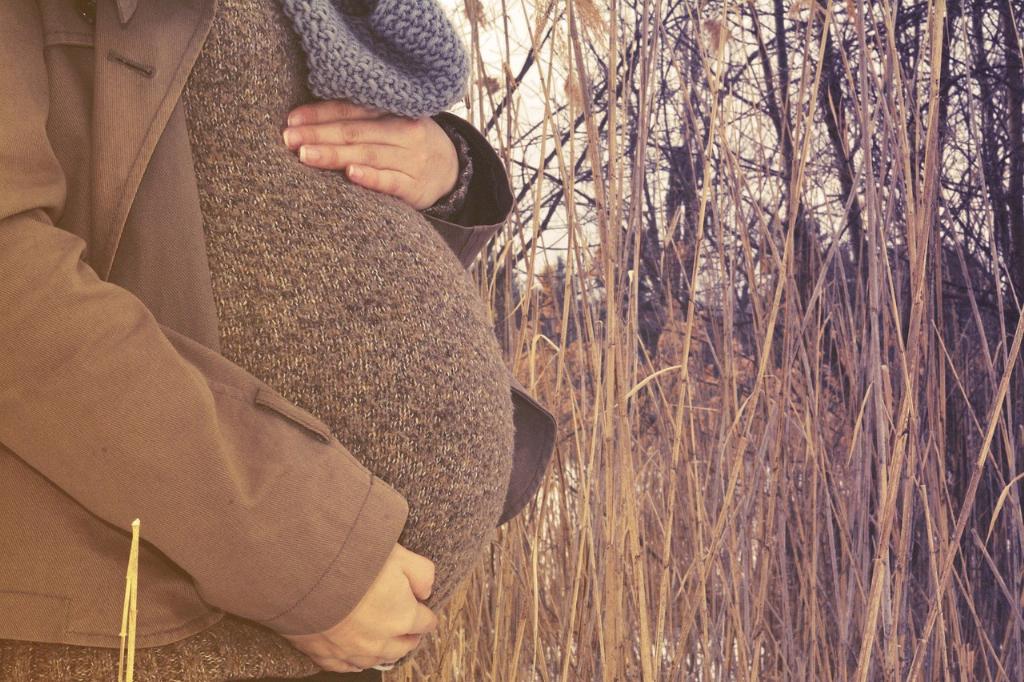As you approach weeks 33 to 36 of your pregnancy journey, a common question that may be on your mind is, “Will my belly get bigger after 33 weeks?” This period signifies a crucial phase in your pregnancy, where significant growth and changes are in store for both you and your baby.
Embracing the Growth Spurt
During weeks 33 to 36, your baby is rapidly gaining weight and nearing their final birth position. This growth spurt typically translates to an expansion in the size of your belly, especially if you are carrying multiples. Embrace this natural process as your body accommodates the growing life within you.
Signs of Multiples
If you are expecting multiples, such as twins or triplets, the likelihood of your belly being larger is higher due to accommodating more than one baby. This can lead to a noticeable increase in belly size during the late stages of pregnancy, as each baby requires space to grow and develop.
Physical Discomfort and Changes
With the progression towards weeks 33 to 36, you may experience increased physical discomfort as your belly expands to make room for your growing baby/babies. This discomfort is a natural part of the pregnancy process and is often accompanied by changes in posture and movement.
Preparation for Birth
As your belly grows larger after 33 weeks, it signifies the nearing of your due date and the eventual arrival of your little one/s. This period is crucial for preparing both mentally and physically for childbirth, ensuring that you are ready for the upcoming birthing experience.
Importance of Prenatal Care
Throughout weeks 33 to 36, regular prenatal check-ups and monitoring become increasingly important to ensure the well-being of both you and your baby/babies. Your healthcare provider will assess the growth of your belly and the development of your baby, providing necessary guidance and support.
Emotional Rollercoaster
Alongside the physical changes, the late stages of pregnancy can also bring about a range of emotions. It is completely normal to feel a mix of excitement, anticipation, anxiety, and impatience as you await the arrival of your little one/s.
Support System
During this time, having a strong support system in place can make a significant difference in coping with the challenges and joys of late-stage pregnancy. Lean on your partner, family, friends, or online communities for support and guidance.
Self-Care and Rest
Engaging in self-care practices and prioritizing rest becomes crucial as your belly gets bigger after 33 weeks. Listen to your body, take breaks when needed, and indulge in activities that help you relax and unwind during this period of preparation.
Anticipating the Arrival
With each passing day after 33 weeks, the anticipation of meeting your little one/s grows stronger. Prepare your hospital bag, finalize birthing plans, and visualize the moment when you will finally hold your baby/babies in your arms.
Enjoying the Journey
While the physical changes and discomfort may intensify as your belly grows bigger after 33 weeks, remember to savor the journey of pregnancy. This remarkable phase of bringing new life into the world is filled with moments of wonder, love, and profound connection.
Embracing the Miracle of Life
As your belly continues to expand in the lead-up to childbirth, embrace the miracle of life growing within you. The changes in your body serve as a testament to the incredible journey of pregnancy and the imminent arrival of your precious little one/s.

